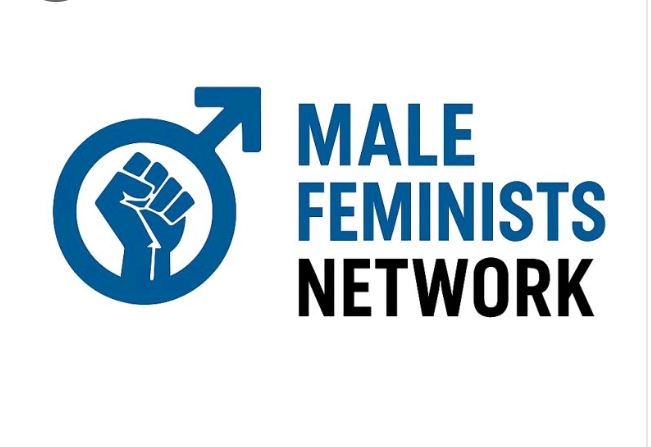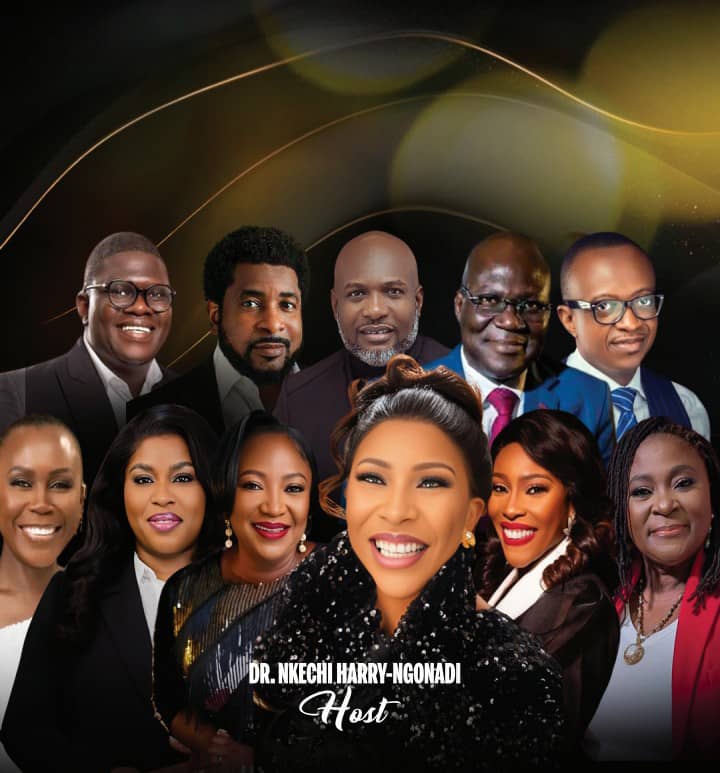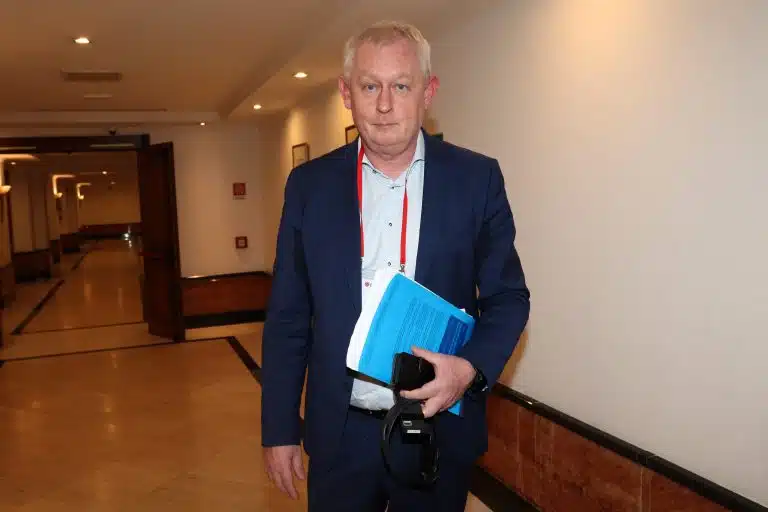The Male Feminist Network (MFN) has finalised plans to mobilise at least 1,000 male leaders and grassroots influencers as part of an ongoing effort to end gender-based violence (GBV) and promote gender equality in Nigeria.
Initiated by the African Centre for Leadership, Strategy and Development (Centre LSD), with support from the Ford Foundation, the MFN seeks to expand male allyship and ensure men do not remain silent bystanders in the face of violence but become active partners in dismantling the patriarchal systems in Nigeria that sustain it.
The Executive Director, Centre LSD, Dr. Otive Igbuzor, who spoke during the launch of MFN on Frida,y explained that over the next two years, the influencers will engage traditional, religious, and cultural leaders to adopt gender-sensitive practices and amplify public awareness through strategic use of traditional and digital media to challenge toxic masculinity and promote inclusivity.
He cited statistics from the National Demographic and Health Survey (NDHS) and reports by the National Bureau of Statistics, which revealed that over 35 per cent of Nigerian women have experienced physical violence, with millions more enduring emotional, sexual, and economic abuse, highlighting the urgent need to address this troubling trend.
“It is time for a shift. We cannot keep expecting women alone to bear the burden of this fight. Men hold influence in homes, workplaces, religious communities, politics, and traditional institutions—and when that influence is aligned with feminist values, the change is profound,” he said.
Acknowledging that the marginalisation of women is a global trend, he remarked that in Nigeria, the situation, which is an age-old practice, is more precarious.
He added: “Men gained voting rights in 1922 through the Clifford Constitution, but women all over Nigeria gained voting rights in 1979 through the 1979 Constitution, a 57-year gap. The early constitutions in Nigeria (1922 Clifford, 1946 Richards, 1951 Macpherson) restricted suffrage to adult males. Women and girls suffer systematic disadvantage, worse for those in the poorest states and sectors. 60–79 per cent of rural workforce are women, but men are five times more likely to own land.
“Women with dependants pay more tax than men. Women in formal employment earn less than men. Nearly five times as many judges and permanent secretaries are men compared to women. 4.7 per cent of House of Representatives members are women; 2.7 per cent in the Senate – among the lowest in the world (Comparisons: Rwanda (61.25 per cent), South Africa (46.23 per cent), Senegal (46.06 per cent), Namibia (44.23 per cent). Up to one-third of Nigerian women have experienced violence. Nigeria ranks 130th out of 146 countries in the Global Gender Gap Report (2023).
“Girls are more likely to drop out of school due to early marriage, pregnancy, or financial constraints. The maternal mortality rate is 512 deaths per 100,000 live births – among the highest in the world (WHO). This is the reason why we conceptualised the Male Feminist Network Project.
“The statistics remain sobering: one in three women in Nigeria experiences gender-based violence. Harmful norms persist, often cloaked in culture or religion, while survivors face silence and stigma. For too long, the responsibility for change has been placed solely on women and women’s movements.
“But we know – and history affirms – that true transformation requires the engagement of everyone, especially men who are willing to challenge privilege, unlearn harmful masculinities, and live out feminist values. This work is not about replacing women’s leadership; it is about amplifying it. It is about standing in solidarity – shoulder to shoulder – with those who have led the fight for generations.”






